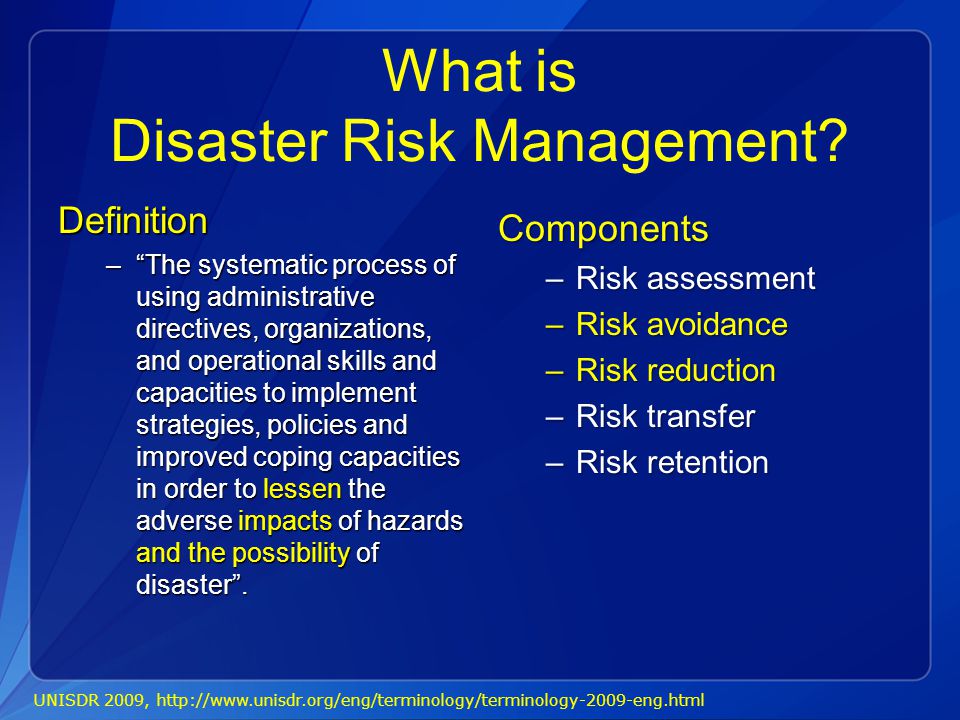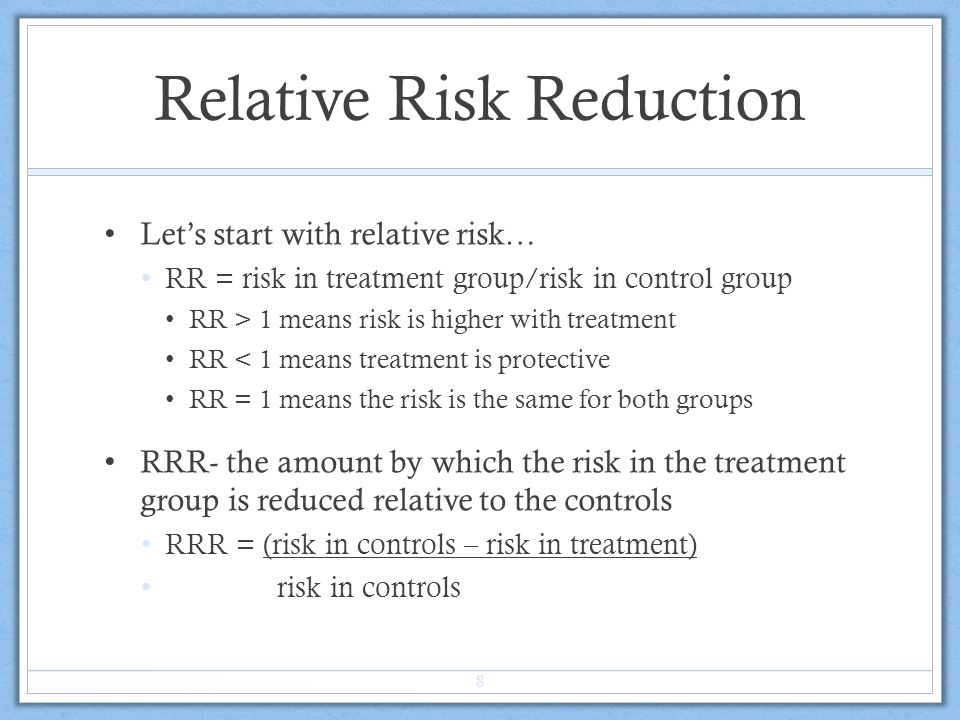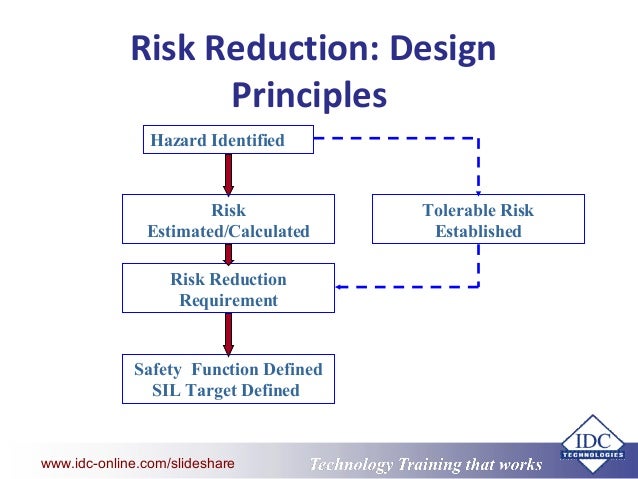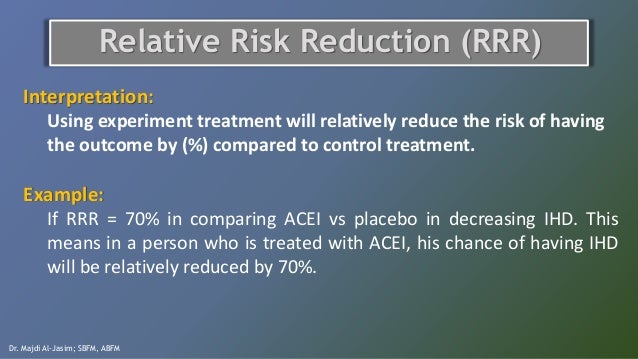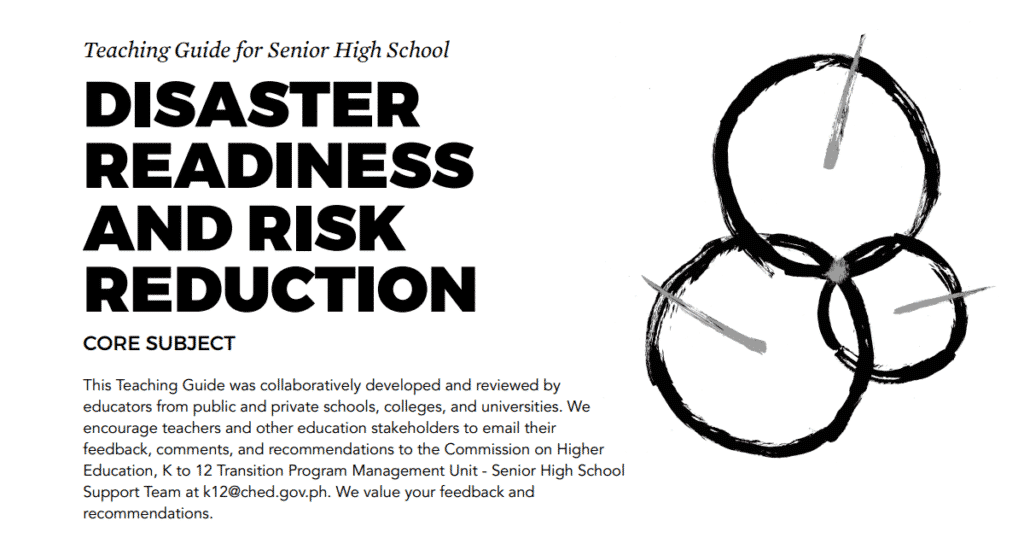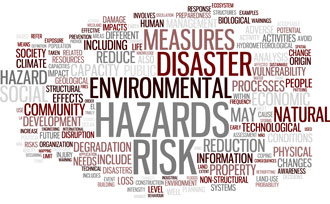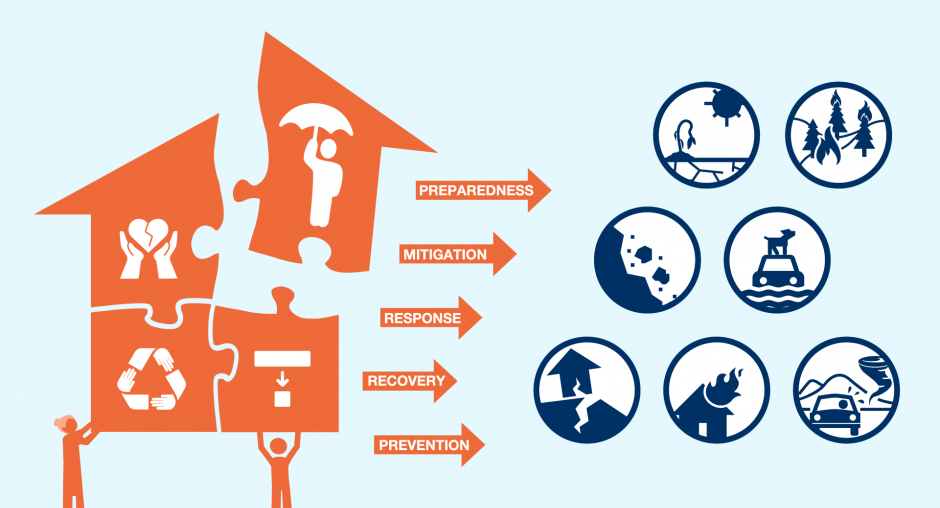Definition Of Risk Reduction

Reducing coastal risk on the east and gulf coasts recommends that benefit cost analysis constrained by acceptable risk criteria and other important environmental and social factors be used as a framework for evaluating national investments in coastal risk reduction the recommendations of this report will assist engineers planners and policy makers at national regional state and local.
Definition of risk reduction. This encompasses a whole range of things including reducing the severity of a loss reducing its frequency or making it less likely to occur overall. One of the major risk management techniques. Coa ordered the city budget officer city accountant and davao city disaster risk reduction and management office dcdrrmo chief operating officer to observe due care in the use of ldrrmf to ensure that it is utilized solely for approved disaster risk reduction and management related programs activities projects. May include engineering fire protection safety inspections or claims management.
Risk reduction is a risk management technique that involves reducing the financial consequences of a loss. Generally speaking there are four ways to reduce risk. Risk reduction definition risk reduction measures to reduce the frequency or severity of losses also known as loss control. It is typically applied to lower risk probabilities and impacts to suit the risk tolerance of an individual or organization.
A decrease in the probability of an adverse outcome. Risk reduction is a collection of techniques for eliminating risk exposures. The techniques used to minimize and prevent accidental loss to a business. Taking precautionary measures to reduce the likelihood of a loss or to reduce the severity of a possible loss for example installing a security system.
In biostatistics the formula 1 hr the hazard ratio.

